Luxury Brands Collectively Confront Challenges
![]() 01/02 2025
01/02 2025
![]() 454
454
Selling imported luxury cars in China is becoming increasingly challenging.
Recently, the China Passenger Car Association released data on imported luxury and ultra-luxury car sales in China for the first 11 months of 2024. The sales figures reveal that Lexus, BMW, and Mercedes-Benz led the market with sales of 163,956, 152,566, and 136,453 units, respectively. Notably, Tesla experienced a significant 67% decline, marking the steepest drop among all brands. Among the ultra-luxury brands, Bentley, Maserati, and Ferrari topped the sales list but also saw declines of 71%, 23%, and 43%, respectively. McLaren, at the bottom of the ultra-luxury sales list, reported an 83% year-on-year decrease.
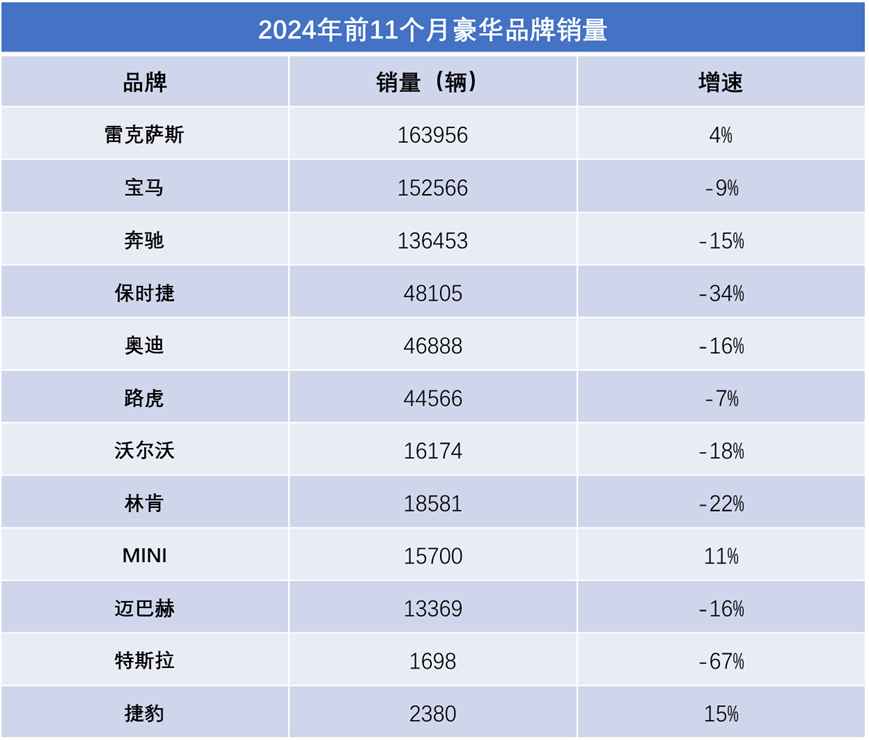
Turning to the luxury sales rankings, Lexus, BMW, and Mercedes-Benz all surpassed the 100,000-unit mark. Lexus led the pack with a 4% year-on-year increase, while BMW and Mercedes-Benz recorded declines of 9% and 15%, respectively. These top three brands also implemented the steepest price cuts. Notably, Lexus dealers, traditionally reliant on car sales and markups for profit, now find themselves compelled to lower prices amid challenging market conditions. Terminal price reductions have become a key driver of sales growth, with discounts exceeding 70,000 yuan for the Lexus ES200, over 100,000 yuan for the LS, and a 129,000 yuan reduction in the official guidance price of the RX. Similarly, BMW and Mercedes-Benz, considered first-tier luxury brands, have resorted to price cuts, with BMW's terminal sales price falling by 9% and Mercedes-Benz's by 15%. This is primarily due to BMW's steeper overall brand pricing cuts, with an average selling price reduction of 40,000 yuan compared to Mercedes-Benz's 30,000 yuan decrease.
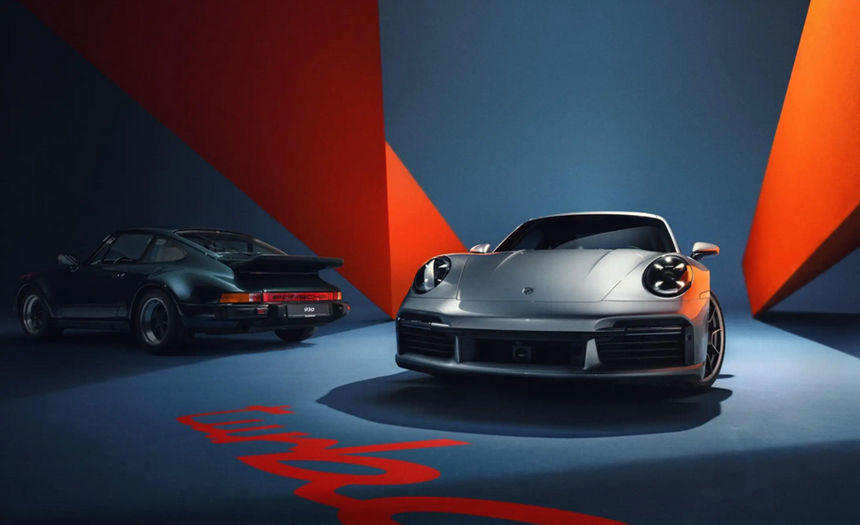
In the 10,000 to 100,000 unit sales range, Porsche, Audi, Land Rover, Volvo, Lincoln, MINI, and Maybach recorded growth rates of -16%, -7%, -18%, -22%, 11%, and -16%, respectively. Porsche, in particular, is facing a more severe profit decline than BBA (BMW, Benz, Audi). Earlier this year, to meet sales targets, Porsche pressured dealers with excessive inventory, leading to heightened financial pressure and conflicts, prompting dealers to demand changes collectively.
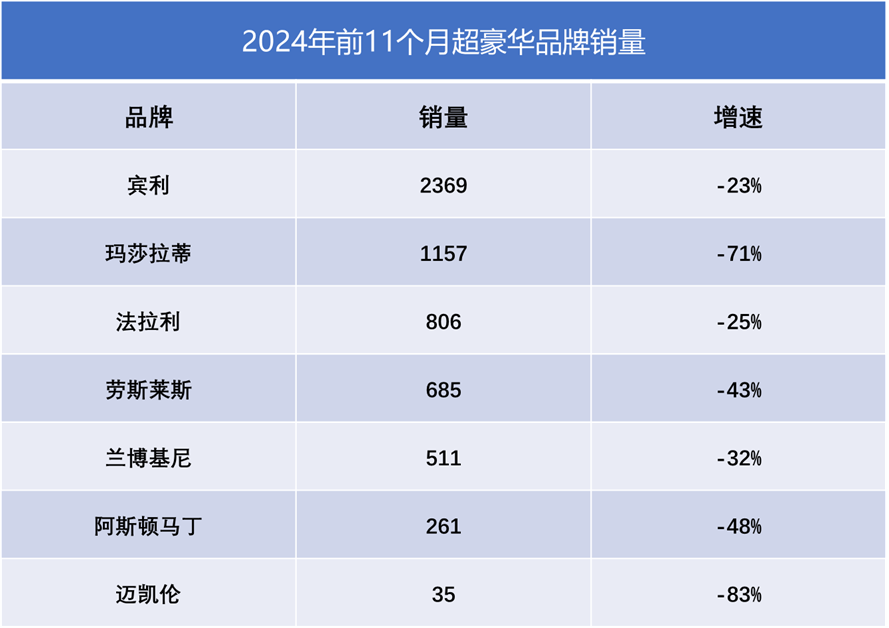
Ultra-luxury brands have also experienced a collective sales slowdown, with a cumulative sales volume of 5,824 units in the first 11 months of 2024. Bentley, Maserati, and Ferrari led the pack with sales of 2,369, 1,157, and 806 units, respectively, representing year-on-year declines of 23%, 71%, and 25%. In early November, Bentley announced its plans to launch its first pure electric vehicle in 2026 and achieve full electrification by 2035, extending its timeline for full electrification by five years compared to previous plans. Maserati, known as the "Queen of Sports Cars," saw the largest decline among ultra-luxury brands with a 71% year-on-year drop. This decline is evident not only in the Chinese market but globally. Looking at the sales rankings, with the exception of Bentley and Maserati, other brands' monthly sales have dwindled to three digits, with McLaren's cumulative sales plummeting to just 35 units.
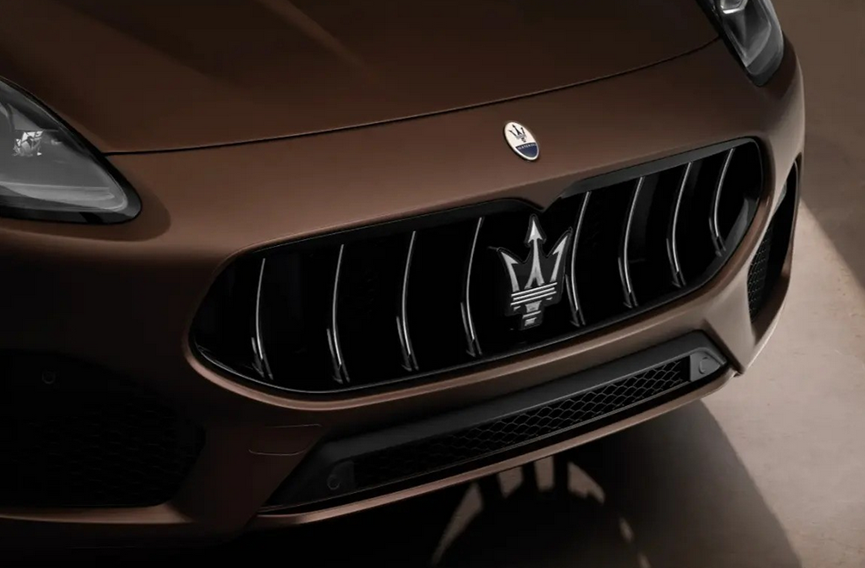
The reasons behind the cooling of luxury brands are clear. The tightening economic environment has weakened the purchasing power of high-end consumers, and as prices decrease, the brand value and identity cherished by luxury brand consumers are gradually eroded. Additionally, domestic consumers are shifting from a brand-oriented to a value-oriented mindset. This shift is led by the rise of emerging domestic high-end new energy brands, while traditional luxury brands find themselves on the opposite side of this trend.
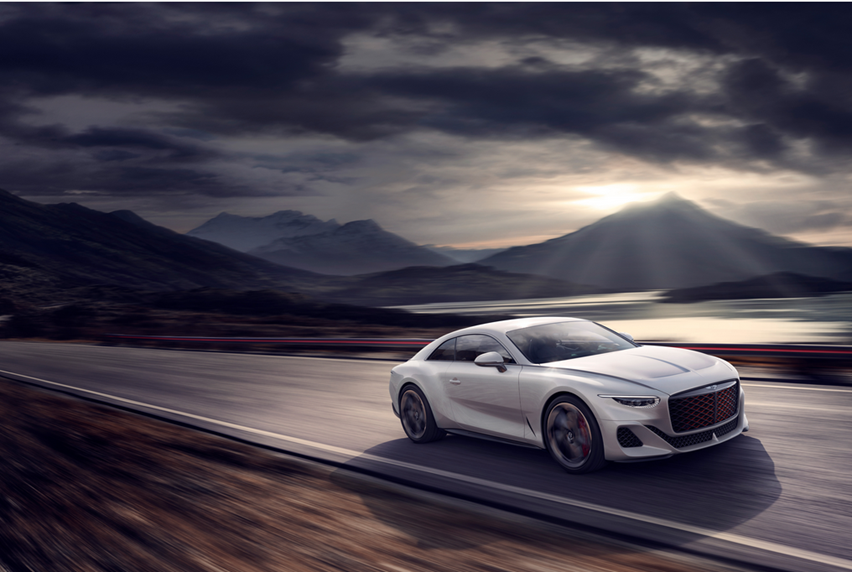
It is evident that both luxury and ultra-luxury brands, under increasing sales pressure, must urgently embrace the lifeline of electrification transformation if they wish to maintain a firm foothold in the Chinese market. Failure to do so will make it difficult for them to secure a share amidst the fierce competition from new energy vehicles.
(Images sourced from the internet. Please delete if there is any infringement of copyright.)






